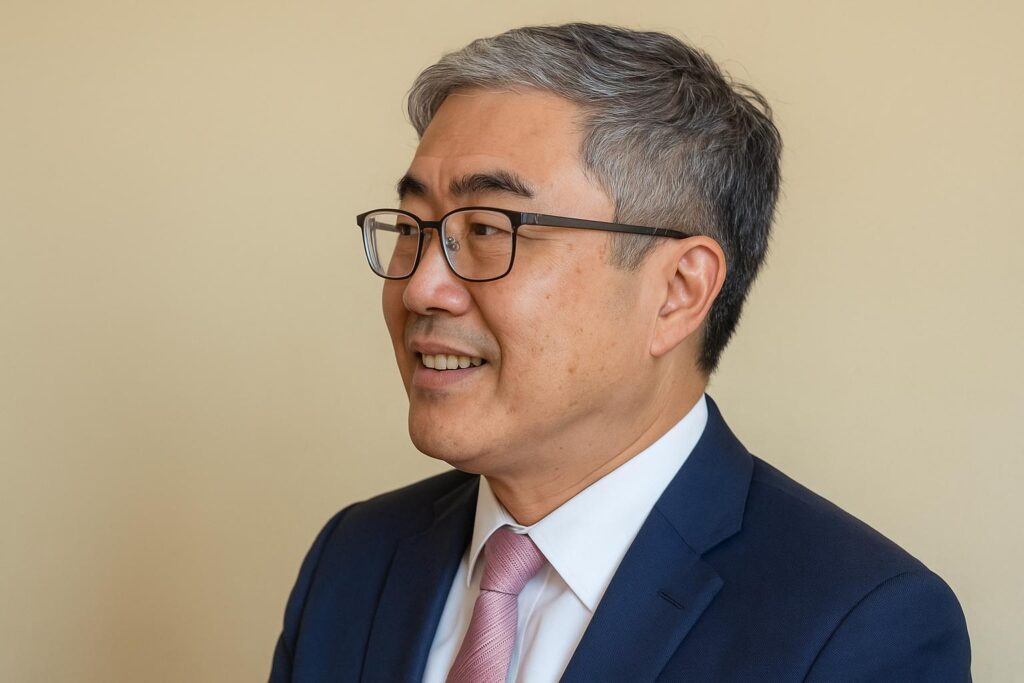Eighty Years Since Victory, Memories Resonate
Beijing prepares a commemorative parade this September, marking eight decades since the end of the Chinese People’s War of Resistance Against Japanese Aggression and the global fight against fascism.
Official rhetoric links the historic victory to an enduring pledge of peace, a message keenly followed across Africa where youthful populations confront their own security dilemmas.
China’s Battlefield Toll in Perspective
From the 1931 Mukden incident to Japan’s surrender in 1945, Chinese forces endured fourteen arduous years, absorbing over thirty-five million military and civilian casualties.
Historians note that more than seventy percent of Japan’s wartime losses occurred in the China theatre, a factor that relieved Allied operations in both Europe and the Pacific.
Diplomacy after the Guns Fell Silent
In 1945 China signed the UN Charter first and later became a permanent Security Council member, anchoring its post-war identity in multilateralism.
Today, Beijing ranks as the largest troop supplier among Council veto holders and the second-biggest financial contributor to peacekeeping budgets.
Initiatives such as the Belt and Road, the Global Development Initiative and the evolving China-Africa partnership frame its soft-power strategy as a provider of infrastructure, vaccines and training.
South Sudan’s Mirror of Hope
Independence in 2011 ended decades of conflict for South Sudan, yet the young state still seeks the stability its population of twelve million craves.
During a recent Juba symposium, scholars from both nations drew parallels between China’s wartime ordeal and South Sudan’s quest for peace.
“A nation once scarred by invasion now guards world peace; that is the vision we need,” one South Sudanese academic observed, earning nods from Chinese diplomats in attendance.
Pathways for African Engagement
Beijing’s officials reiterate support for South Sudan’s mediation mechanisms and pledge to align future aid with government priorities on agriculture, energy and vocational training.
For many African observers, the broader lesson is clear: collective memory of war must inform cooperative development agendas rather than fuel rivalry.
As global headwinds intensify, maintaining a balanced relationship with partners—from Beijing to Brazzaville—could anchor the continent’s long-term security architecture.


